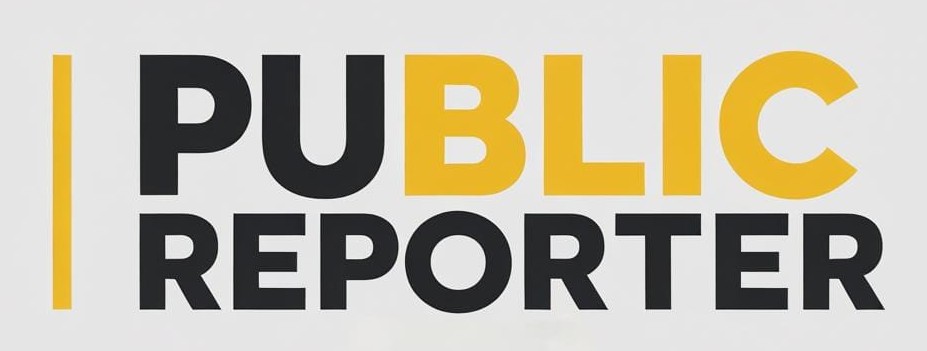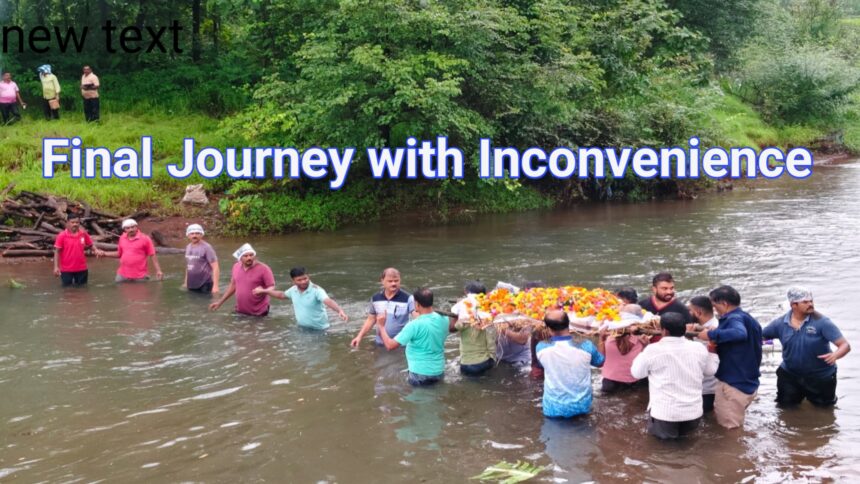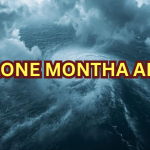By | Nisar Shaikh | Exclusive Report
Ratnagiri: When a village in 21st-century India still struggles to give its dead a dignified final journey, it raises a painful question: Has development truly reached every corner of our nation?
In Ratnagiri district’s Sangameshwar taluka, the villages of Kadwai-Tural, Waniwadi Bazaar, and Samarthnagar stand as a tragic reminder of decades of neglect. For over seventy years, the only cremation ground lies across a river. Yet, there is no road, no bridge—only promises that vanish after every election.
During the monsoon, this problem takes a devastating turn. The river swells into a ferocious current, cutting off access completely. Villagers are left with no choice but to risk their lives, forming human chains to carry bodies across the raging waters. The pain of losing a loved one is compounded by the terror of seeing their final journey itself turn into a life-threatening ordeal. On several occasions, bodies have been swept away by the floods—a horrifying reality no family should face.
Years ago, a dispute over the cremation ground’s land was resolved, but the promise of infrastructure remains unfulfilled. Roads and bridges exist only in speeches and manifestos. Not a single brick has been laid despite repeated assurances from political leaders. The result: Villagers live—and die—on the margins of development.
This is not just a matter of connectivity; it is a matter of humanity. A dignified funeral is not a privilege—it is a basic right. As one villager painfully asked: “We can understand struggles in life, but why should even death come with such humiliation?”
The people are running out of patience. They have warned the administration: if action is not taken immediately to construct a road and bridge, they will be forced to launch a strong democratic protest.
The solution is neither difficult nor expensive. A small bridge and a basic road can end decades of suffering. But what it truly requires is political will and administrative urgency—qualities that too often appear only before elections.
It is time for authorities to act. The final journey of a human being must not be a test of courage against floodwaters. It must be a path of dignity, respect, and humanity—values on which our society claims to stand.








